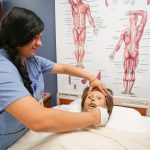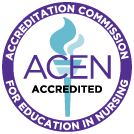
Nursing is a rewarding and challenging career that gives people the chance to work in a patient-facing environment in hospitals, nursing homes and other environments. Like doctors, nurses have the opportunity to specialize in a given area, such as pediatrics or anesthesia. Earning an associate degree in nursing is the first step in that career pathway, and opens up the opportunity to work in a field that’s growing at a rate of around 6% per year, according to the Bureau of Labor Statistics.
Can You Become a Nurse with an Associate Degree?
There are several pathways to becoming a nurse. Some involve a long period of academic study, while others offer a slightly quicker route into patient-facing work. Prospective nurses have the option of completing a practical nursing program and studying the NCLEX-PN to become a Licensed Practical Nurse, or studying for an associate degree or bachelor’s degree in nursing and becoming a Registered Nurse.
Many people who earn a nursing associate degree use the qualification to start working as a nurse and continue to study part-time so they can earn a bachelor’s degree, or even study to become a Nurse Practitioner.
What Type of Person Should Become a Nurse?
Nursing is a demanding job that requires a wide variety of skills, including attention to detail, the ability to communicate effectively, good time management, and being observant. Because nurses deal directly with patients, and many of those patients could be distressed or frightened, personal qualities like compassion and empathy are also very important.
Becoming a nurse is a good career option for people interested in working in health care, and who would like to spend their time in a patient-facing role. While there are many specializations, nurses who work on wards will find themselves dealing with a variety of different patients, and shifts can be challenging. However, the reward of knowing you’ve helped people going through a difficult time is worthwhile for many.
What is an ASN Program Like?
If you choose to pursue a nursing associate degree at FVI School of Nursing and Technology, you’ll study a 72-credit program over six semesters. Each semester is 15 weeks long, giving ample time to cover the complex clinical topics nurses are required to study. The program will include a mixture of academic learning, labs, and clinical visits. The curriculum covers all aspects of nursing, including the clinical skills, administrative skills, and legal and ethical issues nurses should know about before working with patients.
An ASN program prepares nurses to take the Florida Board of Nursing exam, which is a requirement for nurses who would like to practice in the state.
If the idea of becoming a nurse appeals to you, sign up for the FVI School of Nursing and Technology’s ASN Nursing Program in south Florida today and take the first step towards a challenging, yet rewarding career path. We have 2 campuses in South Florida to choose from: nursing school in Miami, FL and nursing school in Miramar, FL. Start the process by applying online!









